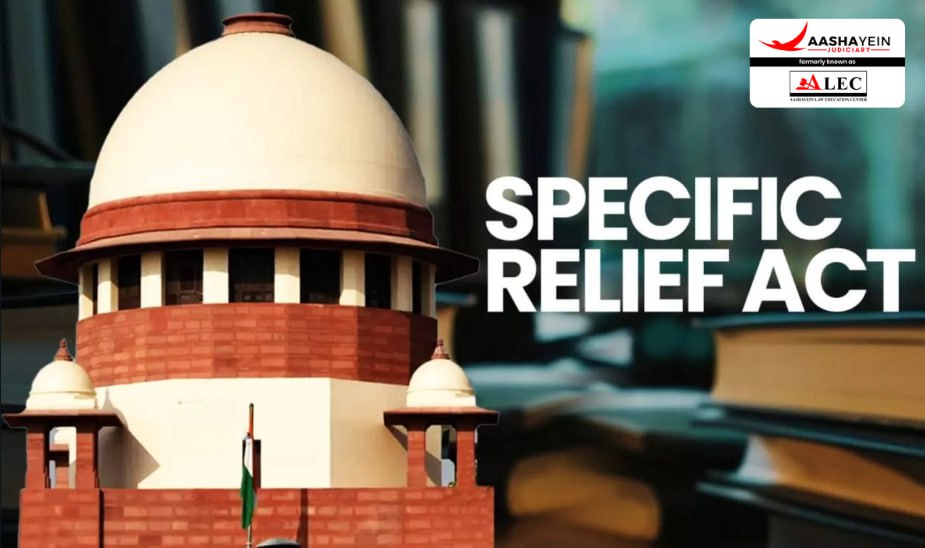The case revolves around the interpretation of Section 123(3) and (3A) of the Representation of the People Act, 1951 (RPA), which prohibit certain types of electoral appeals. The appellant, Ziyauddin Bukhari, a candidate in a legislative assembly election, was accused of appealing to voters on religious grounds during his campaign, which was challenged as a corrupt electoral practice under the Act.
The challenge came from Brijmohan Ramdass Mehra, another candidate, who alleged that Bukhari had made speeches invoking religious sentiments to garner votes, which violated the RPA provisions.
You can also read the Judgement of Navtej Singh Johar v. Union of India (2018)
For more information, visit [Aashayein Enquiry Section]
Issues before the Court
- Whether Bukhari's speeches amounted to an appeal to religion, thus constituting a corrupt practice under Section 123(3).
- Whether the restrictions under Sections 123(3) and 123(3A) violated the freedom of speech and expression under Article 19(1)(a) of the Constitution.
Arguments in the Case
In this case, Bukhari argued that his speeches were a reflection of his religious and political beliefs, which are protected under Article 19(1)(a) of the Constitution that guarantees freedom of speech. He claimed that he did not ask people to vote based solely on religion, but rather spoke about broader issues concerning social and political justice.
On the other hand, the respondent contended that Bukhari’s speeches were clearly aimed at appealing to voters on religious grounds. They argued that by comparing Islamic values with those of other communities, he was promoting a sectarian mindset. According to them, this not only violated the Representation of the People Act (RPA) but also endangered communal harmony and the secular nature of Indian democracy.
Analysis of the Court
In this case, the Supreme Court carefully examined the content and intent of Ziyauddin Bukhari’s speeches. The Court found that his speeches clearly asked voters to support a Muslim candidate on religious grounds, claiming that such a candidate would protect Islamic values. This, the Court said, directly violated Section 123(3) of the Representation of the People Act, which bans the use of religion in election campaigns to protect secularism in Indian democracy. The Court also looked at Section 123(3A), which deals with promoting hatred or enmity between communities, and held that it was consistent with the secular values of the Constitution.
On the constitutional challenge, the Court stated that the right to free speech under Article 19(1)(a) is not unlimited and can be reasonably restricted under Article 19(2). Preventing religious appeals in elections was seen as a valid restriction, as it helps protect public order and the fairness of democratic elections. Hence, the Court held that both Sections 123(3) and 123(3A) are valid and do not violate constitutional rights.
Concluding Remark
The Supreme Court upheld the decision of the High Court, confirming that Bukhari had committed corrupt practices by making religious appeals during elections. It dismissed the claim that the relevant laws were unconstitutional and strongly supported the idea that secularism is a core feature of the Indian Constitution.
This judgment became a landmark in election law by firmly establishing that communal appeals have no place in political campaigns. It highlighted that, in election matters, the value of secularism takes precedence over unrestricted free speech. The ruling also reinforced the Court’s responsibility to protect democratic values and prevent the misuse of religion in politics, shaping future decisions in favor of a secular electoral process.

